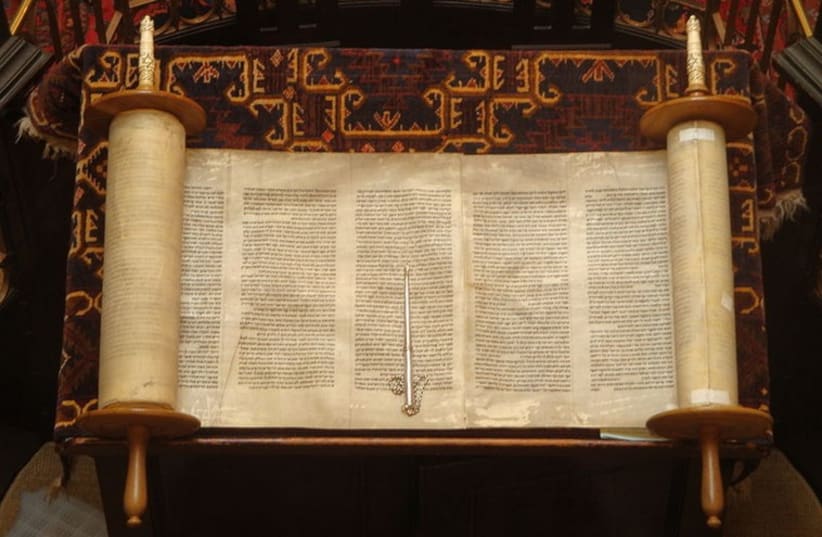See the latest opinion pieces on our page
This sad story begins with the nation’s legitimate desire to send spies to check out the land, examine its inhabitants and geography, and come back with valuable information that would help when entering the land and conquering it. To accomplish this, they sent 12 spies, respected men, to carry out the mission over the border. But instead of fulfilling their mission, guiding the nation and its leaders on how best to enter the land, they announced in front of one and all that it would be impossible to do this: “... the people who inhabit the land are mighty, and the cities are extremely huge and fortified, and there we saw even the offspring of the giant... The land we passed through to explore is a land that consumes its inhabitants, and all the people we saw in it are men of stature.” (Numbers 13:28-32) In short, no way.The truth is, not all 12 of the spies shared this pessimistic outlook. Two of them, Joshua ben Nun, and Calev ben Yefuneh, maintained the faith that the Lord Who liberated them from Egypt and split the sea for them would continue to accompany the nation and help it also when it came to conquering the land. As opposed to their friends, they declared: “We can surely go up and take possession of it, for we can indeed overcome it.” (Numbers 13:30) Despite this, the nation lamented the pessimistic description and, as described in the Torah, had a very strong reaction: “The entire community raised their voices and shouted, and the people wept on that night. All the children of Israel complained against Moses and Aaron, and the entire congregation said, ‘If only we had died in the land of Egypt... Why does the Lord bring us to this land to fall by the sword... Is it not better for us to return to Egypt?’ They said to each other, ‘Let us appoint a leader and return to Egypt!’” (Numbers 14:1-4) The nation lost its faith, which led it into a horrible tragedy.G-d’s reaction suited the nation’s emotional state exactly: You do not believe that it is possible to enter the land? So, you won’t. You will stay in the desert for 40 years, and only the next generation will be privileged to enter the land.Upon examination, this is not a light punishment.Actually, the nation that was enslaved in Egypt was liberated with hope in its heart that it would finally merit an independent state in the land promised it from the days of its forefathers.The nation did not merit seeing the fulfillment of this promise.The entire nation was punished, with the exception of two people, Joshua ben Nun and Calev ben Yefuneh, the two spies who stood firm in their beliefs while the rest of the nation heeded their pessimistic friends creating despair and the desire to go back to Egypt. These two special people were the only ones who visualized the fulfillment of the promise, the great purpose awaiting the nation when it gets to the Promised Land.Frequently, we find ourselves dealing with a society that does not believe in our values, that does not see the purpose we visualize, that loses faith in change. This is what we must keep in mind – whoever keeps his faith and does not despair is the one who will merit seeing the fulfillment of the purpose he believed in and yearned for.The writer is rabbi of the Western Wall and Holy Sites.
Parshat Shlah – Who is privileged to see promises fulfilled?
In this week’s Torah portion, we read about a difficult turn of events.
